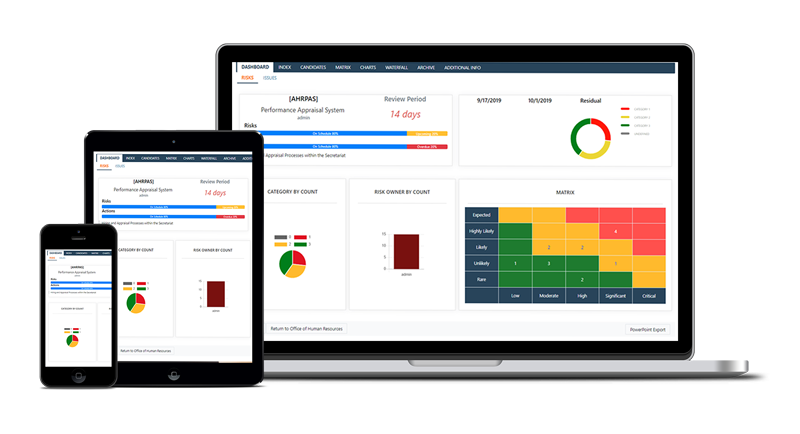Attitude affects Action; Belief shapes Behaviour; Culture influences Conduct
We all know that how we think determines what we do. This is particularly true when we are considering how to act towards risk. When we face uncertainty, we’re not always rational. Instead we fall back on deep-seated values and feelings about risk, which can often lead to unexpected results. We react rather than respond, driven by gut-level influences instead of thought-through reasoning.
This can affect us in many different situations, from making high-level strategic investment decisions, through managing projects and programmes, and on into our personal lives (making relationships, bringing up children, choosing a career path, building a pension portfolio, etc.). For example, if our basic view is that risk is bad and must be avoided at all cost, we will be cautious and prefer not to take chances. But if we see risk as exciting and challenging, we may be tempted to take risk unwisely, exposing ourselves to unacceptable outcomes.
Instead of reacting instinctively towards risk, we should cultivate a risk mindset, thinking in a more balanced way about risk. This will allow us to make better decisions whenever we are uncertain. How we think about risk will determine how we try to manage it, and an inaccurate view of risk will lead to ineffective risk management. A risk mindset includes the following values:
- Risk is natural. Life itself is uncertain, and this translates into every type of human endeavour. The risk mindset accepts this reality and doesn’t struggle to remove all risk from every situation.
- Risk is manageable. There is always something we can do in response to each risk. Avoid a victim mentality – we are not powerless, as long as we can see risk in advance. The risk mindset always seeks to influence risk, either by tackling its occurrence or addressing its effect.
- Not all risk is bad. Some uncertainties can be unwelcome if they occur, causing delay, damage or disruption. But other uncertainties would be helpful if they happened, resulting in reduced costs or timescales, or enhanced performance and reputation. The risk mindset remains alert to both threats and opportunities.
- Risk matters. Risk is always linked to objectives. If a risk happens, it will affect our ability to achieve one or more objectives, for better or for worse. Every risk is important, although some are more important than others. The risk mindset is relentlessly focused on objectives.
- My risk is my responsibility. It’s easy to think that someone else will address risks, and it’s “not my job”, especially at work. But where risk affects my objectives, I need to deal with it. The risk mindset takes responsibility for relevant risks.
- Proactivity is essential. We often adopt a “wait-and-see” attitude to risk, hoping that we might “get lucky”, with bad things not happening and good things just turning up. The risk mindset rejects wishful thinking and unrealistic optimism, understanding that prompt action is often required.
If these values don’t describe the way you currently think about risk, or if your behaviour doesn’t reflect them, the following five steps will help you change your thinking to develop a risk mindset:
- Build new thinking habits. Train yourself to think differently. Take one aspect of the risk mindset and work on it until it becomes natural.
- Develop emotional intelligence. Be aware of how you think, check yourself regularly, and make adjustments whenever necessary.
- Use multiple reminders. Set visible and audible triggers so that you don’t forget to check in.
- Get help. Find a coach or mentor to support you in changing how you think and act.
- Be intentional. Take yourself on a journey from conscious incompetence through conscious competence to unconscious competence. Be deliberate and choose change.
Adopting a risk mindset will help us to manage risk naturally, as it becomes part of who we are instead of just what we do. And as we think differently about risk, it will change the way we act towards risk. Try it and see!
[© August 2020, Dr David Hillson CFIRM, HonFAPM, PMI Fellow]






